 Dr. Edoardo Cavallé
Dr. Edoardo Cavallé
In 2024, WG DMMD continued prioritizing the topic of medical devices and specifically the Medical Devices Regulation. Members of the WG DMMD attended specific interviews in relation to key aspects of the regulation – e.g., on governance, and on availability of medical devices. Our members actively contributed with examples of their experiences on the matter from a national perspective.
We continued discussing the issue of CAD/CAM and the role of dentists, resulting in our “Updated CED Statement on Medical Devices Regulation and chairside CAD/CAM procedures: right of dentists not to be defined as manufacturers”, which was adopted at the CED General Meeting of November 2024.
The WG also continued engaging on other topics, such as adverse reactions reporting and various dental materials. In 2025, we continue focusing on the Medical Devices Regulation, in light of ongoing consultations and workshops on the issue.
 Dr. Alexander Tolmeijer
Dr. Alexander Tolmeijer
 Dr. Peter Kukolík
Dr. Peter Kukolík
In 2024, the Working Group continued focusing on developments in eHealth policy at the EU level, prioritising issues such as health data, and restarting its discussion on artificial intelligence (AI).
On AI, the WG began preliminary discussions on updating the existing “CED Resolution on Artificial Intelligence in Dentistry” from 2020, with the goal of having a document ready for the May 2025 General Meeting. In addition to that outgoing Chair Alexander Tolmeijer took part in an interview conducted by a consultancy on behalf of the European Commission in relation to “Study on the economic impact of applying Artificial Intelligence in healthcare in Europe”. Chair Tolmeijer highlighted issues of importance to the dental profession such as the problems and status quo outlined in the “CED Position on ‘Direct to Consumer Orthodontics’, Artificial Intelligence (AI) and Dentistry”.
On health data, the Working Group continued following the European Health Data Space (EHDS) updates, while also highlighting the priorities on the file for the dental profession: 1) realistic timelines for implementation, 2) removal of financial and administrative burdens for healthcare professionals, 3) dental practices that qualify as small and micro enterprises alike will face challenges with secondary data obligations. In 2025, the Working Group, under the new Chairmanship of Peter Kukolík, will remain engaged on the EHDS, boost its activities on AI and also focus further on the topic of cybersecurity in light of newly launched initiatives such as the European Commission Action Plan on Cybersecurity for Hospitals and Healthcare Professionals.
 Dr. Nuala Carney
Dr. Nuala Carney
 Prof. Dr. Katalin Nagy
Prof. Dr. Katalin Nagy
Ongoing consultations on clinical training requirements and on the subject list of Annex V of the Professional Qualifications Directive, shaped the work of Working Group Oral Health for the first half of 2024.
The Working Group carried out a survey, at the end of 2023 and the beginning of 2024, on Dental Diplomas delivered within the European Union. This survey assessed the issue of dental diplomas acquired in the European Union and the level of clinical training within European undergraduate dental education, also addressing the linking concern to the automatic recognition of diplomas and free movement of dental professionals.
The results of the survey were used to develop a CED common response to the European Commission (EC) consultation on the update of training requirements for the professional qualifications of nurses, pharmacists and dental practitioners. The CED’s main concerns highlighted the outdated nature of Annex V and the included contemporary competences, skills and techniques. The CED then provided its reaction, through a letter shared with the European Commission, to the published Delegated Act on “Recognising the professional qualifications of nurses, pharmacists & dental practitioners: updated training requirements”. The Working Group, following the completion of the consultation, highlighted the frail language around “suitable clinical experience” included in the Delegated Act and the need for amending this language to include more robust clinical training requirements.
The Working Group was then given the opportunity to frame and advance detailed CED positions around clinical training requirements when preparing input to the European Commission consultation for the preparation of the implementation report of the Professional Qualifications Directive, submitted in September and to be published in 2025. The Working Group will continue to monitor advancements and updates on this important legislative file and engage, where possible, in clarifying and strengthening harmonised clinical training requirements.
The Working Group will continue to monitor advancements and updates on this important legislative file and engage, where possible, in clarifying and strengthening harmonised clinical training requirements.
 Dr. Vasileios Stathopoulos
Dr. Vasileios Stathopoulos
Following the update of the Working Group’s mandate in 2023, the different topics were divided into 6 separate workstreams in 2024. We therefore focused on dividing the work between engaged members for improved efficiency and efficacy, with workstreams dedicated to the respective priority topics of oral health and general health, integrated care and special care, universal health coverage, tobacco, antimicrobial resistance and sugar.
The Working Group therefore initiated work on updating three CED Resolutions on Antimicrobial Resistance, Sugar and Tobacco, as well as beginning work on the development of a paper on Ageing and Oral Health and initiating the first stages of updating the 2011 CED Resolution on CED Resolution ‘For Better Oral Health of All EU Citizens: Mutual Integration of Oral and General Health!’, to be developed in 2025.
Additionally, the Working Group remained actively engaged in 2024 in international stakeholder groups and meetings, with on-going participation in the second edition of the Joint Antion on Antimicrobial Resistance and Healthcare-Associated Infections (EU-JAMRAI), the European Commission AMR One Health Network, the Coalition for Vaccination, and the European Public Health Alliance (EPHA) AMR Stakeholder Network Group.
Lastly, the CED continued to regularly participate in the European Medicines Agency’s (EMA) online eligible Healthcare Professionals Learned Societies Policy Officers’ Group meetings and joined the INTERCEPTOR (Interception of Oral Cancer) Cost Action Consortium event held in January on “Leveraging EU initiatives for the development of new approaches to oral cancer prevention”.
The Working Group will develop and pursue its advocacy efforts in the field of oral health advancement in 2025.
 Prof. Dr. Ioannis Tzoutzas
Prof. Dr. Ioannis Tzoutzas
In 2024, the WG PSICWM prioritized the topic of vaccinations. CED members’ national contributors to the questionnaire “Vaccination policies for dentists and other dental professionals in Europe” (disseminated in 2023) were approached for final clarifications and validations to their replies. In cooperation with the Directorate for Research, Studies, and Documentation, National Public Health Organization, Athens, Greece, a paper for publication under the title Vaccination Policies for dentists and other dental professionals in Europe has been prepared by the WG Chair, based among others, on the information from the vaccination questionnaire.
In the first part of the year, the WG re-opened the work on a “CED Statement on waste management and sustainability in dentistry”, which aims to ensure that the dental profession engages in the discussion on waste management in a proactive and timely manner and that it can respond to new legislative and regulatory initiatives that may impose restrictions and conditions to the dental office. The statement was successfully adopted during the May 2024 GM.
In 2025, the WG will continue focusing on issues of importance to patient safety, infection control and waste management.
